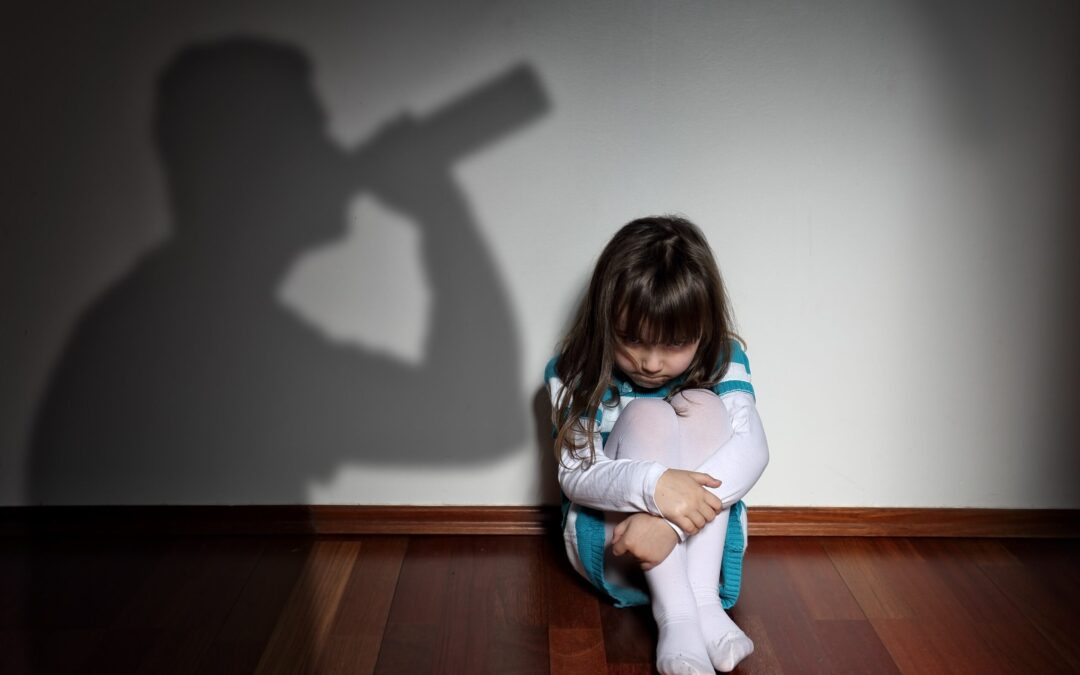Growing up with an alcoholic parent can have a significant impact on a child’s life. Children of alcoholics often struggle with emotional, social, and behavioral issues that can affect their development and wellbeing. In this blog post, we will explore the effects of having an alcoholic parent on children and discuss ways to support them.
Emotional Effects
Children of alcoholic parents may experience a range of emotional effects, including anxiety, depression, and low self-esteem. They may feel isolated, ashamed, and confused about their family situation, which can lead to feelings of guilt and self-blame. These emotional issues can impact their social interactions and relationships with peers, making it difficult for them to form healthy attachments and communicate effectively.
Children of alcoholics may also struggle with trust issues and have difficulty forming trusting relationships with others. They may have a fear of abandonment or rejection, leading them to feel insecure in their relationships with others. This can cause them to withdraw from social situations, leading to social isolation and loneliness.
Behavioral Effects
Children of alcoholics may also exhibit behavioral problems, including aggression, hyperactivity, and impulsiveness. They may have difficulty regulating their emotions, leading to outbursts and meltdowns. These behaviors can affect their academic performance and make it challenging for them to engage in learning and educational activities.
Children of alcoholics may also struggle with substance abuse themselves, as they may turn to drugs or alcohol to cope with their emotions and stress. They may engage in risky behavior, such as underage drinking or drug use, leading to legal problems and health issues.
Social Effects
Growing up with an alcoholic parent can have a profound impact on a child’s social life. Children of alcoholics may feel embarrassed or ashamed about their family situation, leading them to avoid social interactions and isolate themselves from peers. They may struggle with making friends and forming healthy relationships, leading to feelings of loneliness and isolation.
Children of alcoholics may also struggle with peer pressure and may be more likely to engage in risky behavior. They may feel pressure to conform to their peers’ expectations, leading them to engage in behavior that is dangerous or illegal.
Supporting Children of Alcoholic Parents
If you know a child who is growing up with an alcoholic parent, there are several ways you can support them. The following are some suggestions:
Listen
One of the most important things you can do for a child of an alcoholic parent is to listen to them. Allow them to express their feelings and concerns, without judgment or criticism. Encourage them to talk about their experiences and emotions, and validate their feelings.
Offer reassurance
Children of alcoholic parents may feel insecure and uncertain about their future. Offer reassurance and support, letting them know that they are valued and loved.
Help them find resources
There are many resources available for children of alcoholic parents, including support groups and counseling services. Help them find resources that can provide them with the help and support they need.
Set boundaries
If you are a caregiver or teacher of a child of an alcoholic parent, it is essential to set boundaries. Ensure that the child feels safe and secure, and that their needs are being met. Encourage healthy behavior and provide them with the tools they need to succeed.
Educate yourself
It is essential to educate yourself about the effects of alcoholism on children. This will help you to understand the child’s experiences and emotions better, and provide you with the tools you need to support them effectively.
Conclusion
Growing up with an alcoholic parent can have a significant impact on a child’s life, affecting their emotional, social, and behavioral development. Children of alcoholics may struggle with anxiety, depression, and low self-esteem, making it difficult for them to form healthy relationships and engage in learning and educational activities. It is essential to support children

